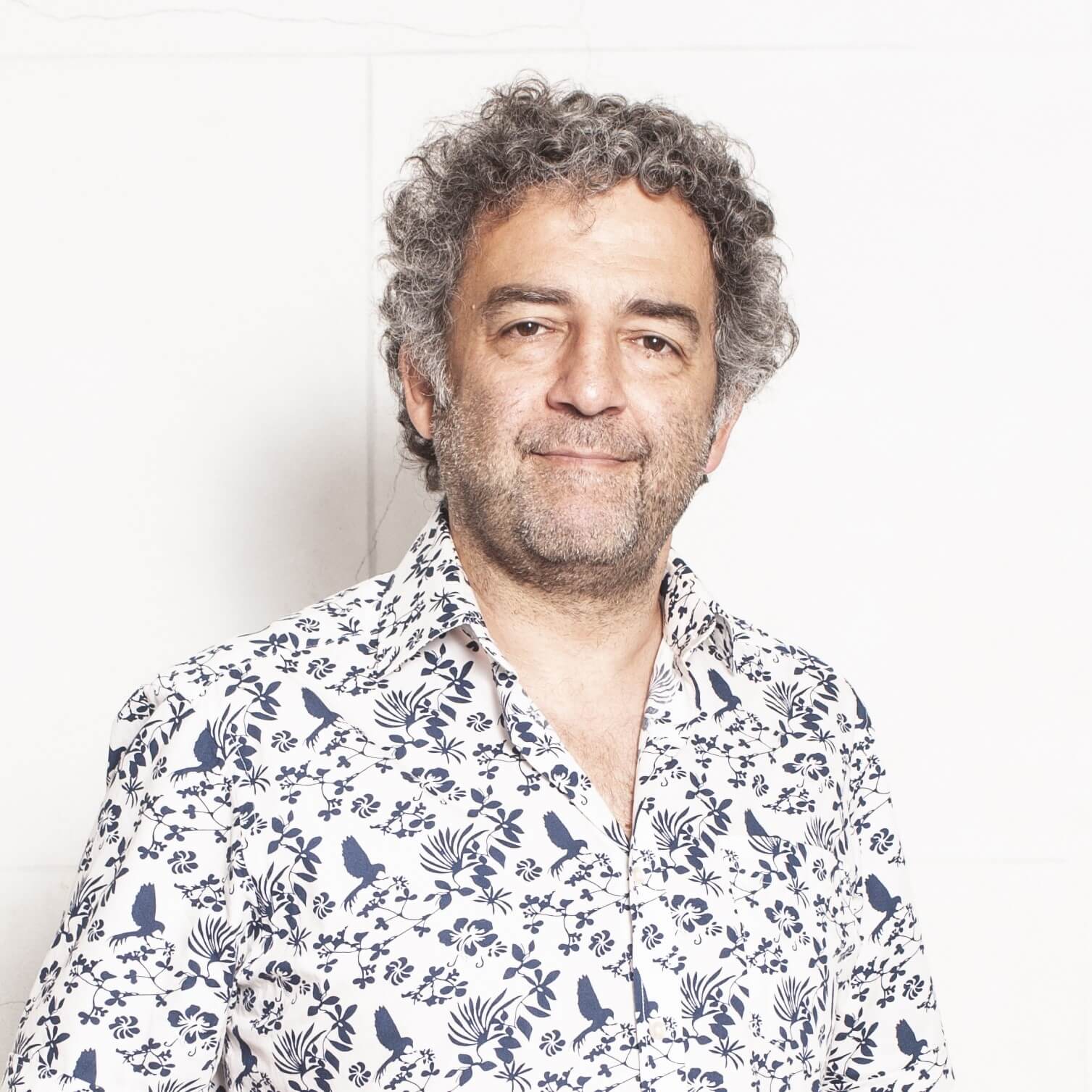
Traditional and Digital health therapies, together and mixed up
Could digital medicine increase our life expectancy? Hopes (without hype) for a promising future.

Director of the Centre for Neuroscience Systems at the University of Leicester.
Rodrigo Quiroga’s main research interest focuses on the study of the neural mechanisms of human memory. He discovered what have been named “concept cells” or “Jennifer Aniston neurons”, neurons in the human brain that play a key role in memory formation, a finding that was selected as one of the top 100 science stories of 2005 by Discover Magazine.
His work has been published in nearly 100 research articles and has been featured in media outlets around the world, including articles in The New York Times, The Washington Post, Scientific American, Daily Mail, New Scientist, The Independent, etc. He is the author of 5 books, including “Borges and Memory”, linking the thoughts of the Argentinean writer Jorge Luis Borges with memory research in Neuroscience, and “Neuroscience Fiction”, drawing parallels between science fiction and current neuroscience.
Categorías de conocimiento

Could digital medicine increase our life expectancy? Hopes (without hype) for a promising future.

If we can understand the brain, we will be able to address diseases and disorders that have so far eluded us.

Low Earth orbit (LEO) offers unique microgravity opportunities for research and technology advancement, as well as for developing new drugs through future space projects.